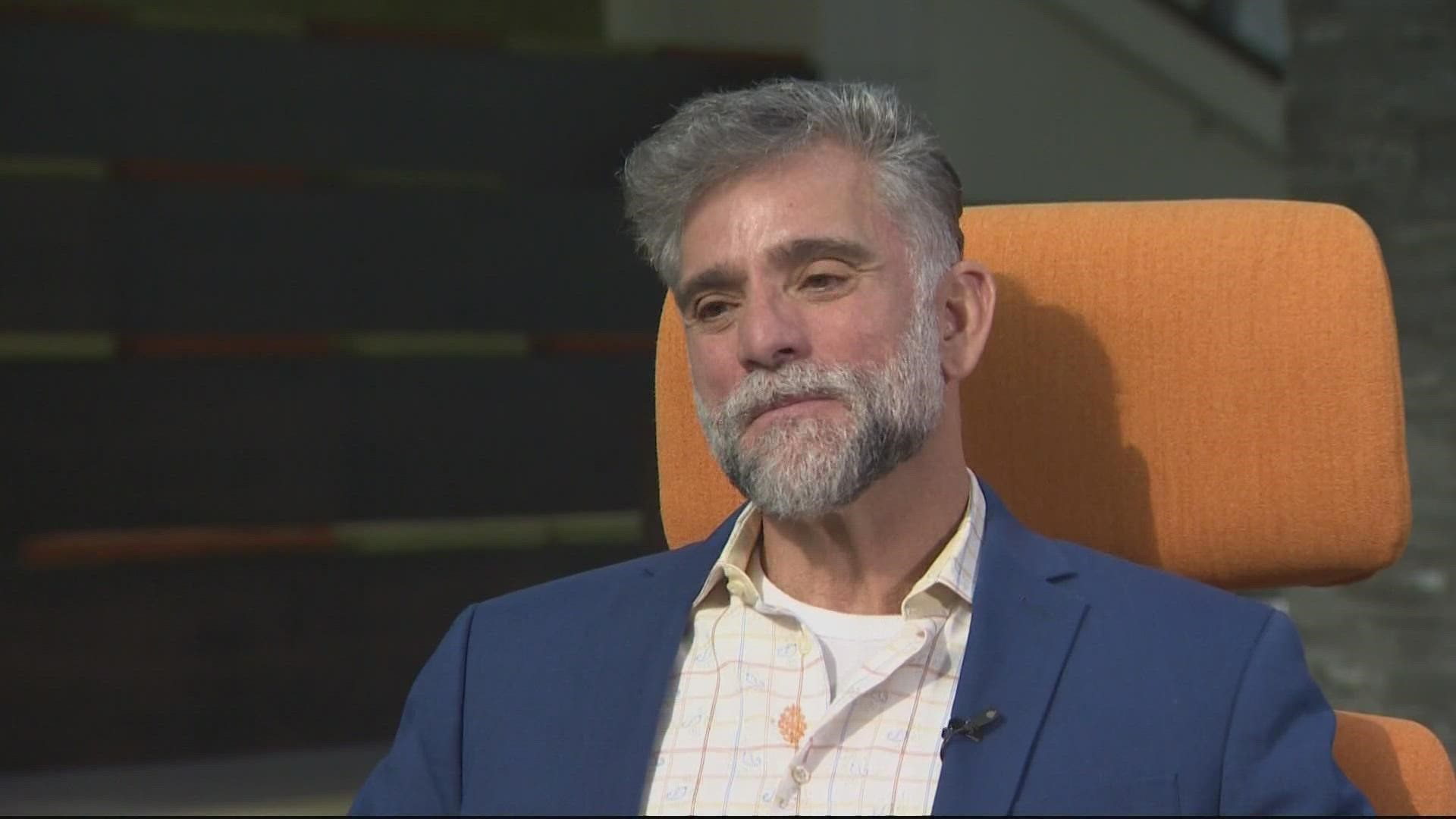PORTLAND, Ore. — May is mental health awareness month, and while the pandemic has brought mental health to the forefront, depression and anxiety were already widespread issues before COVID-19 hit.
“There’s no question that during the pandemic there's been a tremendous amount of anxiety, uncertainty about what's coming,” Dr. James Polo said. “And even though we're coming out of the pandemic there's still probably more changes coming. So, lots of uncertainty, lots of stress, and by default – struggling emotionally.”
Dr. James Polo is the executive medical director for Regence and is board-certified in general psychiatry and child and adolescent psychiatry. He says the first step to getting help dealing with depression is recognizing there is a problem.
Symptoms include anxiety, sadness, lack of motivation, poor sleep and change of appetite. Dr. Polo said stress is normal and when you have a lot of stress, it's not abnormal to have an emotional response. The challenge, he said, is when we do not know what to do with that emotion.
How does one know when it is time to reach out for professional help?
“The key is if you're off your baseline and not able to get back. If those symptoms seem to be sustained over time you're probably in a position of needing some help,” he said. “If you notice that the impact on your personal life, the ability to get things done, your activities, your relationships are all being stressed — it's really time to get help.
Getting that help doesn't always come easily. Stigma still plays a big role in preventing many people from reaching out, especially men, according to Dr. Polo. Studies show women are far more likely to seek help.
“I think it's because culture sometimes pushes men to think they're supposed to be strong and pushes men to think they should be the caretaker of the family,” he said. “And so, there's this resistance to feel like something is wrong with them. Women tend to be more intuitive, they tend to be a little bit more connected, they tend to be a little bit more in touch with their feelings and discuss them.”
The good news is that there are a lot of different options for treatment. It is different for each individual. In some cases, a person may benefit from seeing a psychiatrist or seeking out counseling. Others may do well with self-help tools.
Dr. Polo suggests reaching out to a primary care doctor to take the first step.
“Their family doctor who knows them and is likely to, first of all, help them understand what's going on and then, if necessary, help make a referral,” Dr. Polo said, Just explain, hey, I'd like to make an appointment to discuss something that's important to me, that I'm struggling.”
During the month of May, KGW’s Healthier Together series will focus on mental health, digging into symptoms and solutions.

